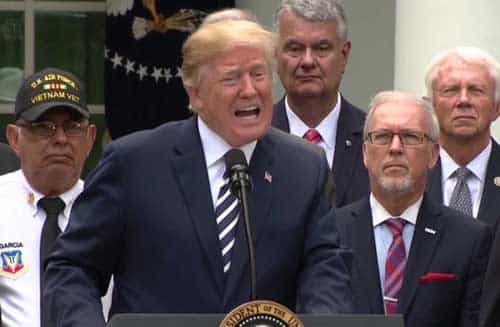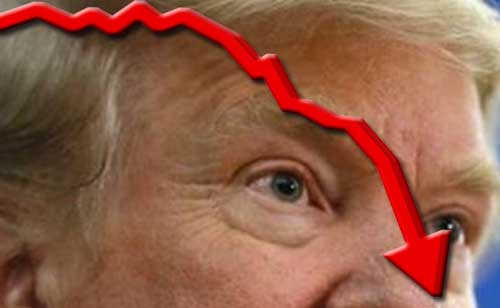
In the largest political upset of U.S. House leadership in years, the U.S. House second-in-command Eric Cantor went down in shocking defeat to little known, Tea Party-backed David Brat in the Virginia primary on Tuesday.
The Tuesday defeat sent shockwaves through the Republican rank and file who expected Cantor to handily defeat his unknown rival, Brat, who is an economics professor at Randolph-Macon University. No other majority leader has ever lost a primary against an opponent, and Cantor’s camp even released a private poll showing Cantor easily taking the race.
The unseating of the number two man in the House of Representatives came as as much of a shock to the contender as it did to the rest of the country. Brat had gone into the fight with a campaign chest of only $300,000 against Cantor’s well-stocked chest of $5.4 million. Brat said at the post election event, “The reason we won this campaign, there is just one reason, and that’s because dollars do not vote — you do.”
Many are crediting the Tea Party for Brat’s win, but the truth is the Tea Party gave very little to the Brat campaign as they themselves did not believe that Brat had a chance. The Tea Party instead funneled cash into other races they believed their candidates had better odds of beating sitting congressmen.

Brat said before the primary, “I have been typecast as being a liberal by Eric Cantor to being an extreme Tea Party member, the truth is I’m a Free Market guy who’s dedicated to this country and to the Constitution and to the 10th Amendment.“
Cantor attempted to paint Brat as a Liberal going so far as to point out that Brat had been appointed by then Governor Tim Kaine, a Democrat. But, Brat hammered Cantor hard on the issue of immigration and continually made the “Amnesty” issue a focal point. Brat consistently pushed the notion that Cantor was soft on immigration and would side with Obama on this issue.
The toppling of Cantor will no doubt kill any chances of immigration reform in the near future as Republicans on the fence jump to the perceived safety of the conservative side on the issue.
Cantor was widely expected to be the next Speaker of the House.





